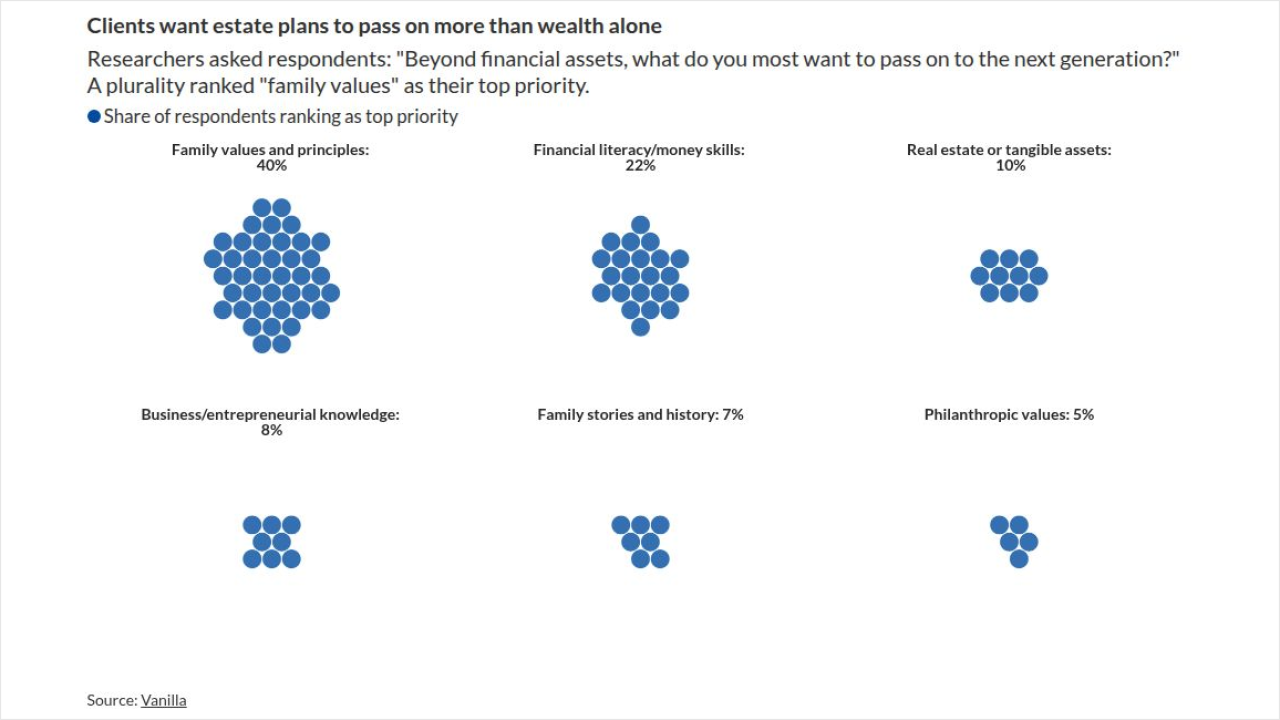It was widely hoped that at least one silver lining in the recession of December 2007 through June 2009 would be chastened investors with a newfound respect for living within their means, saving and preparing for retirement.
Tough luck. Instead, many people are more focused on present-day bills and debt than they are on securing their financial well-being down the road.
Perhaps it's the length of the 18-month-long that took its toll. Or the fact that housing prices continue to fall, unemployment is scarcely recovering, many of those lucky enough to have jobs haven't received a raise in years, and oil prices are spiking amid fears of inflation.
As if motivating people to prepare for retirement wasn't difficult enough, many Americans' financial focus has shifted to the here and now.
A survey of 1,610 adults by PricewaterhouseCoopers found that 49% say it is difficult to meet their household expenses on time. Twenty-four percent are using credit cards to buy monthly necessities because they couldn't afford them otherwise. Twenty-five percent are worried about not having money saved for an emergency, and 20% are concerned about not being able to pay monthly expenses.
Forty-three percent are decreasing the amount of money they are saving for retirement, and 72% do not think it is possible for a middle-income family to save for a secure retirement, according to a survey of 3,000 adults by Country Financial.
These are startling findings that complicate the long-held objectives of the retail asset management industry.
Apparently, fund companies should not just be educating people about the need to save for retirement but providing them with basic, holistic information on managing their personal finances, setting goals, reducing debt and-going back to what should have been the ultimate lesson of the credit crisis-simply living within their means.
If people continue to trip up on their current financial woes, they will fall further and further behind in preparing for retirement, and as that happens, these procrastinators will feel even more defeated and worried, and be even less likely to get into the savings game.
Conversely, if responsible money management was promoted as personal empowerment, the industry's job of helping people save could finally be seen in its deserved, positive light.





